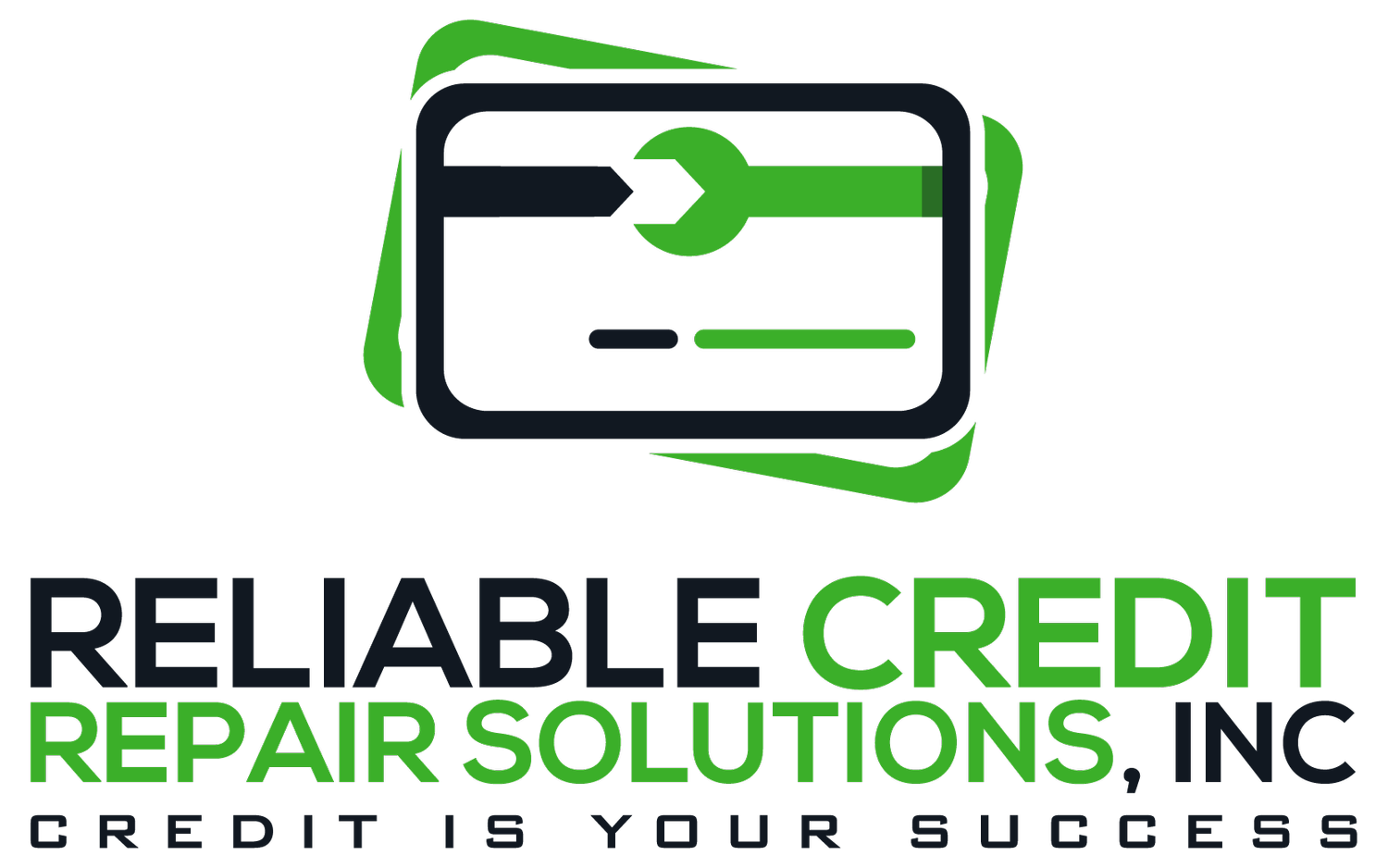FAQs
-
Anyone who would like to repair and build their credit. Usually those who are trying to purchase a home or a car. Poor credit can block you from being able to obtain credit cards, auto loans, mortgage loans and other personal loans.
-
The process is different for each person depending on how many negative accounts they have. It can take 30 days to 6 months. You will see results within 45 days from time our company mail your letters to the 3 credit Bureaus and Creditors.
-
Yes! When you first sign up you are required to sign through Credit Hero Score where you will be able to view your scores monthly. in order to see your scores monthly you have to make sure that your subscription stays active which cost $19.99 a month. This service is a separate cost from my company monthly fees
-
Absolutely! Our goal is not to only to build your credit, but to help build it. Our company wants to make sure that you understand how to build your credit and also maintain your credit after your completion of our services. We have different ways to build your credit once you become a full-service client with our company.
-
We are a Board-Certified Credit Consultants and Disputers for all 50 states. We are able to service all states.
-
Absolutely! According to FCRA anyone has the right to dispute any inaccurate information on their credit file. But, hiring our company you are getting certified and professional work. We are trained to professionals that knows the process by using the correct steps and tools to send to the credit bureaus and credit bureaus.
-
Our office is open Monday- Friday from 8:00am-6pm cst. You can call us toll free at 888.838.8621. You can also text us at 910.808.1122. If you text or call after hours. Allow 24 hours to give you a call back or respond to any questions you may have. You can also reach us at contactus@reliablecreditrepairsolutions.com or schedule an appointment with our company.
-
Credit is when you receive money, a good or a service, and you agree to pay for it in the future—usually with added interest. Nowadays, we use credit to buy lots of things, from houses and cars to groceries and clothing.
If you use it responsibly, credit can be a useful tool. But if you don’t, you’ll have to face some negative consequences that will make your life harder
-
Your credit score is a 3-digit number on a scale of 300 to 850 that suggests how creditworthy you are—meaning, how good you are with credit and how much you can be trusted to pay back what you borrow. Potential lenders will use this number to decide what kinds of credit cards and loans to offer you. Generally, the higher the score, the better the offers.
There are a few different types of scores, but the two best-known are your FICO Score and your VantageScore. They’re calculated based on the information that shows up on your credit report.
-
Generally speaking, there are five tiers of credit score. A good credit score is anything above 670
-
Anything below 670 is considered poor or only fair credit.
-
Your credit can be brought down a lot faster than it can be brought up, so it might help to review these things that can hurt your credit:
- Not paying bills on time
- Filing for bankruptcy or foreclosure
- Applying for too many credit accounts
- Carrying high balances on your credit cards
- Ignoring questionable negative items on your report
-
There are five main contributors to your credit score–payment history, amount of debt, length of credit history, credit mix and new credit. Managing your credit wisely by paying your bills on time, paying debt down and maintaining your current accounts could improve your score.
Beyond these five factors, your credit could contain negative items that are unfair or inaccurate, which can stay on your reports for up to seven to 10 years.
-
There are many factors that go into being approved for a mortgage, but you'll need at least a score of 620 to be approved for a traditional home loan.
-
The minimum accepted score for a car loan will depend on the amount of money being requested, but some lenders will approve scores as low as 500–assuming you don't mind paying extra money in interest
